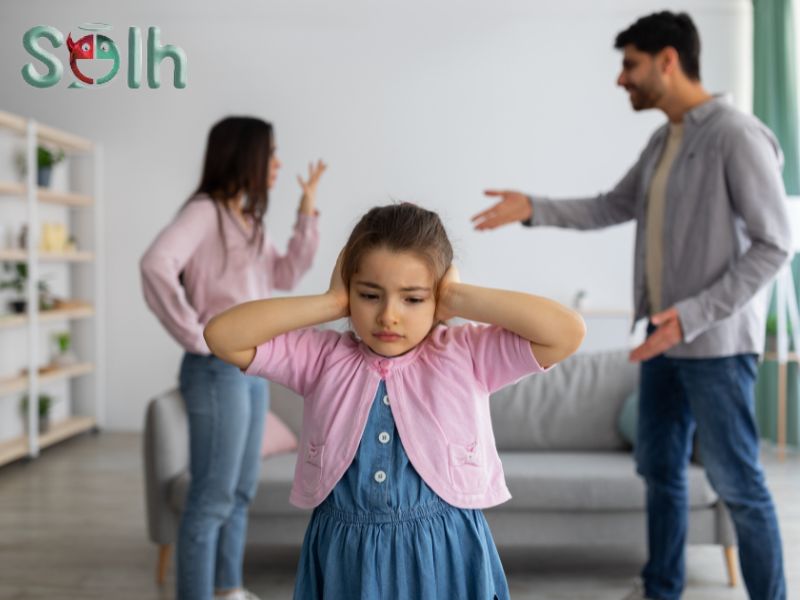Bullying is a pervasive issue that not only affects a child's immediate well-being but can leave lasting scars on their mental health. In this blog, we'll delve into the profound effects of bullying, exploring emotional consequences like anxiety and depression, and dissecting its impact on a child's self-esteem. Recognizing the signs of bullying is crucial, and we'll offer insights into strategies for parents, educators, and peers to intervene, creating a supportive environment for the child.
The Emotional Toll of Bullying:
1. Anxiety and Fear: Being subjected to bullying can instill profound anxiety and fear in a child. The constant worry about potential incidents may lead to heightened stress levels.
2. Depression: Persistent bullying can contribute to the development of depression, as children may internalize the negative experiences, leading to a sense of hopelessness.
3. Social Isolation: Bullying often results in social isolation as children may withdraw to avoid potential harm, further intensifying feelings of loneliness and despair.
4. Decreased Self-Esteem: Constant belittling and ridicule can erode a child's self-esteem, making them doubt their worth and capabilities.
Impact on Self-Esteem:
1. Negative Self-Image: Bullying fosters a negative self-image, with children internalizing the hurtful comments and behaviors directed towards them.
2. Impaired Academic Performance: The emotional distress caused by bullying may manifest in academic struggles, as children find it challenging to concentrate and engage in learning.
3. Long-term Psychological Effects: The impact of bullying can extend into adulthood, contributing to long-term psychological issues such as low self-esteem, trust issues, and difficulty forming healthy relationships.
Recognizing Signs of Bullying:
1. Changes in Behavior: Watch for sudden changes in behavior, such as becoming withdrawn, avoiding social activities, or expressing reluctance to attend school.
2. Emotional Outbursts: Frequent emotional outbursts, including anger, frustration, or sadness, may indicate underlying distress caused by bullying.
3. Unexplained Physical Symptoms: Complaints of unexplained headaches, stomachaches, or other physical symptoms may be a sign of the emotional toll of bullying.
4. Decline in Academic Performance: A sudden decline in academic performance may indicate that the child is struggling to cope with the emotional impact of bullying.
Strategies for Intervention:
1. Open Communication: Encourage open communication with your child. Create a safe space where they feel comfortable sharing their experiences and emotions.
2. Empower Bystanders: Educate peers about the importance of standing up against bullying. Empower them to intervene and report incidents to authorities.
3. Collaboration with Educators: Maintain an open line of communication with teachers and school staff. Collaborate with them to address bullying incidents promptly and implement preventive measures.
4. Seek Professional Help: If the impact of bullying on a child's mental health is severe, consider seeking the guidance of mental health professionals who specialize in child and adolescent well-being.
Creating a Supportive Environment:
1. Anti-Bullying Programs: Advocate for and support anti-bullying programs in schools and communities to raise awareness and promote a culture of kindness and inclusivity.
2. Emotional Resilience Building: Encourage activities that foster emotional resilience, such as participation in sports, arts, or other hobbies that empower children to develop a positive sense of self.
3. Community Involvement: Engage with community initiatives that address bullying, creating a collective effort to eliminate this pervasive issue.
Conclusion:
Bullying takes a toll not only on a child's immediate well-being but on their mental health and future development. By recognizing the signs of bullying and implementing strategies for intervention, parents, educators, and peers can contribute to creating a supportive environment that nurtures the emotional well-being of every child. Together, let's work towards a world where every child can grow, learn, and thrive without the shadows of bullying haunting their journey.
At Solh, we deeply value mental health and understand the pivotal role of compassion in the overall well-being. That's why we've carefully assembled a suite of empowering Self-help tools and Community Support tailored to nurture your mental health. Our curated offerings encompass a diverse array of resources, from journaling, support groups to Solh Buddy, allowing you to share your experiences,seek support, offer guidance and connect with others - anonymously or as yourselves. Take control of your path towards enhanced mental well-being by exploring and utilizing our comprehensive resources at Solh!



